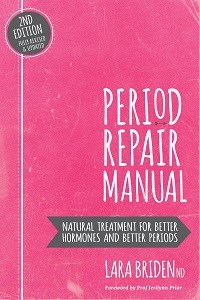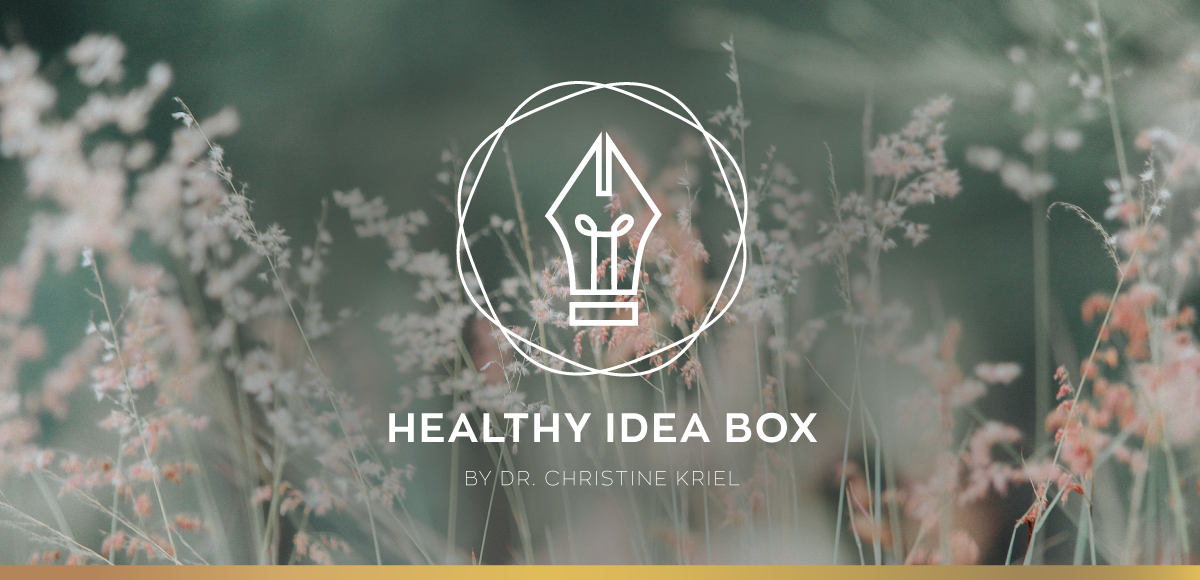When you think about your period, what comes to mind?
Maybe it’s reassurance that you’re not pregnant, or disappointment that you’re not. Maybe it’s pain, frequent bathroom breaks, an excuse to their partner for some, or just genuine bad timing for others. Maybe you can’t remember when last you had a period because you’ve been on the pill or some form of hormonal contraception.
your menstrual cycle can be used as a vital sign
But your period can mean so much more than that. The American College of Obstetricians and Gynaecologists released a statement, saying that your menstrual cycle can be used as a vital sign, just like any other vital sign e.g. temperature, pulse rate and blood pressure, in assessing overall health status.
What can your period say about your health? Most often, your period is influenced by factors like nutrition, stress, exercise and weight. One of the common reasons for your period to stay away is a low carb diet or undereating. There are other conditions to think of.
If you have irregular periods longer than a 35-day cycle, you might have a condition known as PCOS, or thyroid dysfunction. It can also mean that your corpus luteum, the structure responsible for ovulation, is not working properly. This could be a result of insulin resistance or nutritional deficiencies like B vitamins, vitamin D, magnesium, zinc, iodine and selenium. If you struggle with period pains and heavy periods, you might have endometriosis, fibroids or adenomyosis. It can also be the result of a diet high in inflammatory foods like wheat, dairy and sugar, or low in zinc. Severe breast pain just a few days before your period could be a sign of iodine deficiency.
with irregular periods, you might have a condition known as PCOS, or thyroid dysfunction

Did you know? When you’re on the pill, you can’t use your period as a vital sign, because it is not actually a period. The bleeding you experience when using your inactive tablets, is called a pill bleed, which is basically a withdrawal bleed because you are not exposed to any hormones on those days. A real period is the result of ovulation (the release of an egg) and changes in hormones like progesterone and estrogen.
having a normal menstrual cycle, uninterrupted by hormonal contraception has many proven benefits.
The pill or any hormonal contraception contains a synthetic form of estrogen and or progesterone. This suppresses your own production of these hormones. The synthetic form does not give you the same benefits that your own hormones do. New pills on the market like Qlaira and Zoely contains the natural form of estrogen, called estradiol, but there is no substitute for progesterone, and all contraceptives can only give you the synthetic form known as progestogen.
Having a normal menstrual cycle, uninterrupted by hormonal contraception has many proven benefits. In short, you want the benefits of a rise in estrogen leading up to ovulation during the first half of your cycle, you want to ovulate in the middle, and lastly and most importantly- you really want progesterone, produced after ovulation during the second half of your cycle. Progesterone is produced by the corpus luteum, a temporary structure that forms after a follicle releases an egg i.e. ovulation. No ovulation equals no progesterone. A follicle takes 100 days to develop, meaning that ovulation can be influenced by what happened 100 days before.
Estrogen is good for your mood, libido, bones, skin and metabolism. It also helps to prevent obesity as well as type 2 Diabetes. Think of how you mom complains that she started struggling with her weight after menopause.
Progesterone is important in preventing breast cancer and cardiovascular disease. It promotes thyroid function, better sleep, and plays an important role in coping with stress by calming your nervous system. Low progesterone causes acne, PMS and is associated with hair loss.
It is clear that you want to have the benefits of these hormones to boost your health. One in three women take the pill to regulate their cycles. In reality, the pill can’t regulate your cycle, it just suppresses it. In treating acne, the pill works by suppressing sebum production, resulting in less oily skin and breakouts. Once again, treating symptoms but not the root cause.
the pill can’t regulate your cycle, it just suppresses it
Don’t get me wrong, I am not against hormonal contraception, especially if it is used for the reason intended, to prevent unwanted pregnancy. But I do want to make you aware of the benefits of having a natural cycle, and I want to advocate not to use the pill to suppress symptoms.
One of the newer natural forms of contraception is called the fertility awareness method. It is not the same as the rhythm method, which is just based on your calendar cycle. In terms of efficacy, it is best to look at typical use failure rate, that is taking into account human error. The FAM has a typical use failure rate of 1.8%, so this is taking into account that you maybe calculate the wrong fertile days. The pill has a typical use failure rate of 9%, that is skipping a pill here and there, like most women do without wanting to admit it. With perfect use, FAM has a failure rate of 0.6% compared with the pill’s failure rate of 0.3%.
The FAM is a method of tracking your period, ideally by means of Apps like Glow or Flo, and being sensitive to your body’s cues of changes in your cycle. You need to look for signs of ovulation, by looking out for signs around day 14 including fertile mucus, mittelsmerz (which is a sharp lower abdominal pain experienced for about an hour when ovulating), breast pain and most importantly a constant rise in basal body temperature. Fertile mucus looks like raw egg white and is seen when your estrogen is at its highest, just before ovulation.
You can buy a basal thermometer online, which is basically a more accurate thermometer that you use to measure your temperature under the tongue first thing in the morning when you wake up, before you have eaten, drunk or even climbed out of bed. After ovulation, your temperature rises by 0.3C, for example from 36.41 to 36.71, and stays elevated till your next period. You should take extra precautions like condoms for 5 days before ovulation and one day after, because these are your fertile days. This means, it is much easier to use this method if you have a regular cycle, needing to be able to predict when you will ovulate. I want to reiterate – in order for you to use this method, you must know exactly what you are doing, and in my opinion, you must be okay with the risk of contraceptive failure.
If you are on hormonal contraception and it is just not working for you, or you want to experience what it feels like to have a normal natural cycle, I really want to urge you to consider other methods.

Don’t make any hasty decisions without chatting to your partner, doctor, and doing thenecessary research. I recommend reading Lara Briden’s book called the Period Repair Manual, which gives great insight about period health and the FAM. It is unfortunately not an easy road after stopping your hormonal contraceptive, and you can expect skin breakout and irregular cycles for a few months after stopping, but there are supplements and treatments you can use to treat that and get you back into a regular cycle.
May you start to see your period as a sign of health, and enjoy all benefits of the cycle you were designed for!
